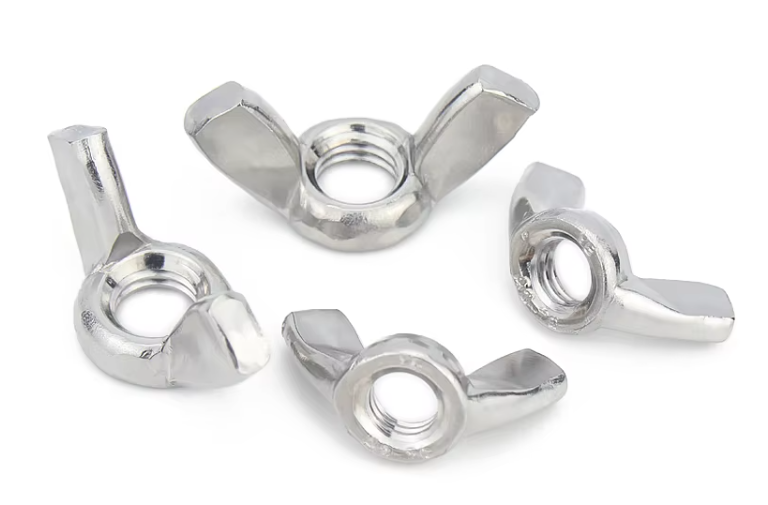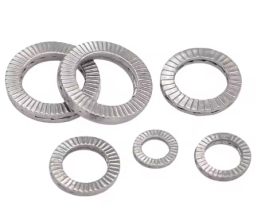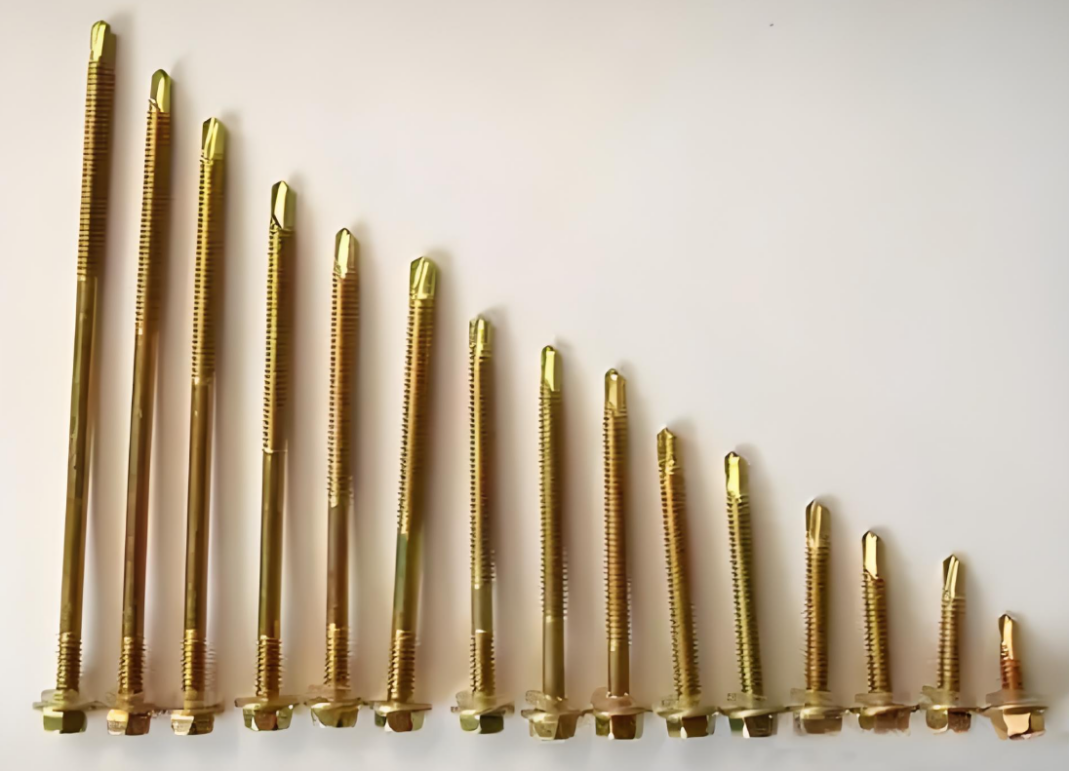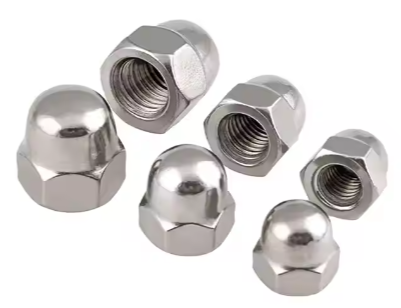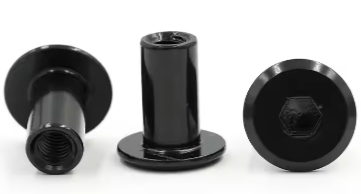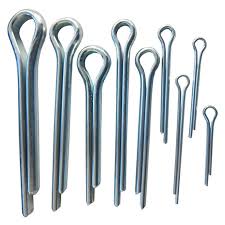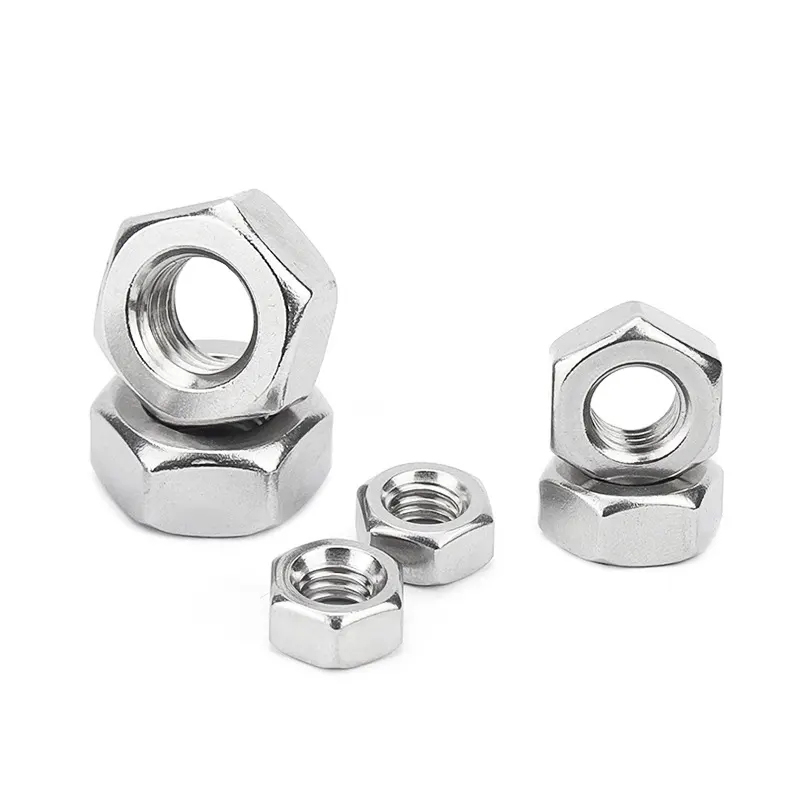

This guide helps you navigate the world of hex nut bolt suppliers, providing insights into selecting the best provider for your needs. We cover crucial factors to consider, from material specifications to logistical capabilities, ensuring you find a reliable partner for your projects. Learn about different types of hex nuts and bolts, quality standards, and how to evaluate supplier trustworthiness.
The choice of material for your hex nut bolts significantly impacts their performance and longevity. Common materials include stainless steel (offering excellent corrosion resistance), carbon steel (providing high strength), and brass (known for its durability and aesthetic appeal). The specific grade of the material, indicated by designations like 18-8 stainless steel or Grade 8 carbon steel, further defines its properties. Selecting the right material depends on the application's environmental conditions and required strength.
Hex nut bolts are available in a wide range of sizes, typically measured by their diameter and length. The thread type (e.g., coarse or fine) also plays a crucial role in determining the bolt's holding power and suitability for specific applications. Understanding these dimensions is key to ensuring a proper and secure fit.
Various finishes and coatings enhance the durability and appearance of hex nut bolts. These include zinc plating (for corrosion protection), powder coating (for enhanced aesthetics and resistance to abrasion), and others. The chosen finish can impact the bolt's resistance to environmental factors and overall lifespan.
A reliable hex nut bolt supplier offers more than just products; they provide comprehensive support. Consider these factors when selecting a supplier:
Many reputable online marketplaces and directories list hex nut bolt suppliers. However, always verify a supplier's legitimacy and credentials before placing an order. Check online reviews and testimonials from other customers. For a trusted source, you can check out Hebei Dewell Metal Products Co., LTD, a leading manufacturer and hex nut bolt supplier.
Look for suppliers adhering to industry-recognized quality standards like ISO 9001. This certification demonstrates a commitment to quality management systems and ensures consistency in product quality. Understanding these certifications will help you choose suppliers who prioritize quality control.
There are various types of hex nuts, including regular hex nuts, flange hex nuts, and lock nuts, each designed for specific applications and fastening requirements.
Refer to engineering handbooks and specifications for your particular application to determine the appropriate size and grade of hex nut bolts. Incorrect sizing can lead to failure or damage.
Common materials include stainless steel, carbon steel, and brass, each offering different properties in terms of strength, corrosion resistance, and cost.
| Material | Strength | Corrosion Resistance |
|---|---|---|
| Stainless Steel | High | Excellent |
| Carbon Steel | Very High | Moderate (requires coating) |
| Brass | Moderate | Good |
Remember to always prioritize quality and supplier reliability when sourcing your hex nut bolts. Thorough research and careful selection will ensure successful projects and long-term value.

